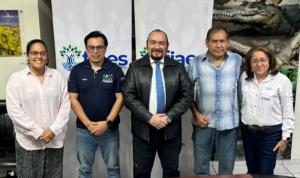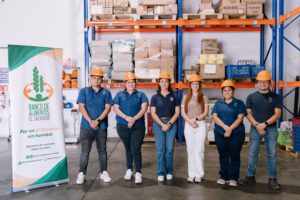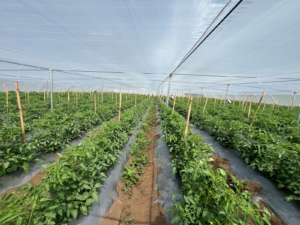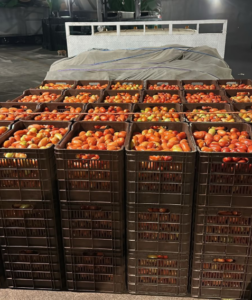
La Constancia, together with FUSADES, presented the study “Social and economic impact of the private sector as a sustainable business model in El Salvador”, with the aim of exploring how business sustainability actions contribute to socioeconomic well-being. The analysis covers nine years of community initiatives and four years of sustainable strategies, evidencing their multiplying effect in various sectors.
Among the highlighted projects is the “Nejapa Comprehensive Development Plan” (2015-2018), which included workshops and strategic plans, as well as “Water for All”, which benefited 4,000 people through investments of more than one million dollars. These initiatives improved access to drinking water and reduced the burden of domestic chores, allowing children to attend school.

The economic impact includes household savings, increased income, and improvements in health and education. The community participation methodology “SHARE” empowered beneficiaries, facilitating collective decision-making and the generation of sustainable solutions.
In the environmental area, La Constancia led ecosystem restoration efforts on the San Salvador volcano, benefiting more than 325 producers. Actions included soil and water conservation works, organic production, and a shift toward sustainable agricultural practices, resulting in a 45% improvement in producers’ income.

The company has also promoted recycling programs, collecting more than 34 million pounds of PET plastic, which significantly contributed to waste reduction and supported grassroots recyclers. These initiatives have obtained certifications such as Zero Waste and Carbon Neutral, highlighting the commitment to sustainability.
The “Progresando Juntos” program has trained more than 3,435 shopkeepers in technical and soft skills, contributing to business growth and the reduction of the digital divide. These efforts have improved the self-esteem and financial stability of the beneficiaries, promoting sustainable entrepreneurship.
In total, La Constancia projects have infiltrated 3.8 million cubic meters of water and benefited more than 4,000 people in rural communities with access to drinking water. These actions have not only improved the quality of life, but also fostered comprehensive development in the benefited areas.
This study reaffirms the transformative impact of business sustainability strategies, showing how private sector efforts can generate social and economic well-being in El Salvador.







